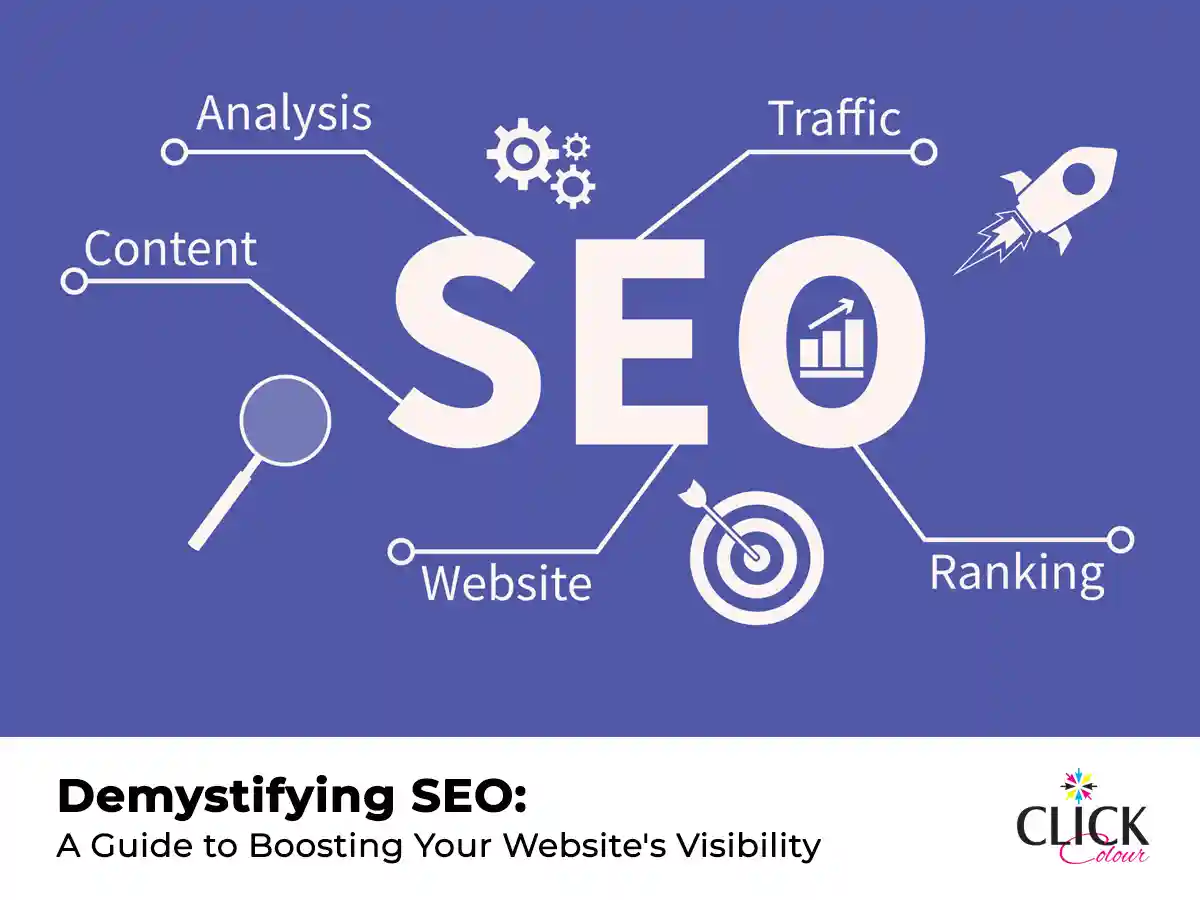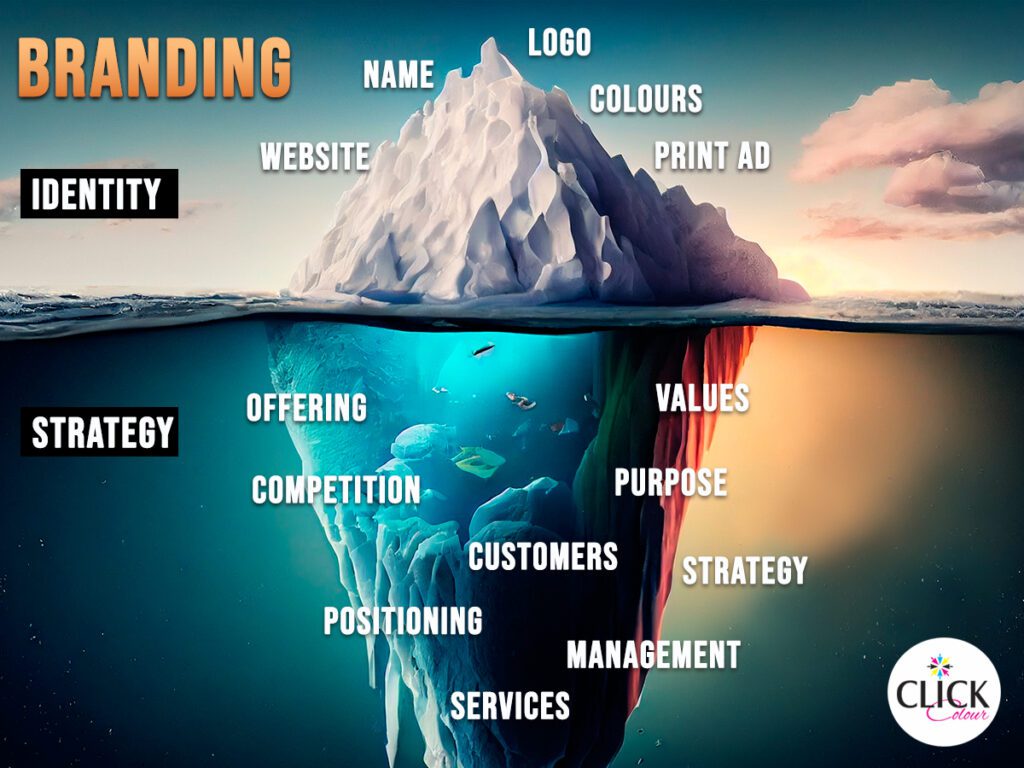In today’s digital age, having a strong online presence is essential for businesses to thrive. Search Engine Optimization (SEO) plays a critical role in improving a website’s visibility and driving organic traffic from search engines. However, SEO can seem daunting and complex to many. In this blog post, we will demystify SEO and provide a comprehensive guide to help you boost your website’s visibility. By understanding the key principles and implementing effective strategies, you can optimize your website and climb the search engine rankings.
Understanding the Basics of SEO: To kick-start your SEO journey, it’s important to grasp the fundamental concepts. SEO involves optimizing your website to enhance its visibility in search engine results pages (SERPs). This process includes keyword research, on-page optimization, technical optimization, and off-page optimization. Familiarize yourself with these components to lay a strong foundation for your SEO strategy.
Conducting Keyword Research: Keyword research forms the backbone of successful SEO. It involves identifying relevant keywords and phrases that your target audience is likely to search for. Use keyword research tools to discover high-volume and low-competition keywords that align with your content. Incorporate these keywords strategically in your website’s content, titles, headings, meta tags, and URLs to increase your chances of ranking higher in search results.
On-Page Optimization: On-page optimization refers to optimizing individual web pages to improve their search engine rankings. This includes optimizing meta tags (title tag, meta description), headings, content structure, URL structure, and internal linking. Craft compelling and relevant meta tags that accurately describe your content and entice users to click through to your website. Ensure your content is well-structured, informative, and optimized for both search engines and readers.
Technical SEO: Technical SEO focuses on the technical aspects of your website that impact its visibility and crawlability by search engines. It includes optimizing site speed, mobile-friendliness, website architecture, XML sitemaps, and robot.txt files. A fast and responsive website that provides a seamless user experience is favored by search engines and improves your chances of ranking higher in SERPs.
Off-Page Optimization: Off-page optimization involves activities outside your website that influence your search engine rankings. This primarily revolves around building high-quality backlinks from reputable websites to increase your website’s authority and credibility. Focus on acquiring backlinks through guest blogging, content promotion, influencer outreach, and social media engagement. Remember that quality and relevance matter more than quantity when it comes to backlinks.
Creating High-Quality and Engaging Content: Content is king when it comes to SEO. Produce high-quality, informative, and engaging content that adds value to your target audience. Develop a content strategy that incorporates a mix of blog posts, articles, infographics, videos, and other formats that resonate with your audience. Optimize your content with relevant keywords, headings, and multimedia elements to enhance its visibility and shareability.
Monitoring, Analyzing, and Iterating: SEO is an ongoing process that requires monitoring, analyzing, and iterating your strategies based on data and insights. Utilize analytics tools to track website traffic, user behavior, and keyword rankings. Monitor your competitors and identify opportunities to differentiate yourself. Regularly analyze the performance of your SEO efforts and make data-driven decisions to refine your strategies for better results.
SEO doesn’t have to be a mystery. By understanding the core principles and implementing effective strategies, you can boost your website’s visibility and drive organic traffic. Remember to conduct thorough keyword research, optimize your website’s on-page and technical elements, engage in off-page optimization activities, create high-quality content, and continuously monitor and refine your strategies. With a well-executed SEO strategy, you can position your website for success in search engine rankings and attract a steady stream of targeted visitors to your online presence.





